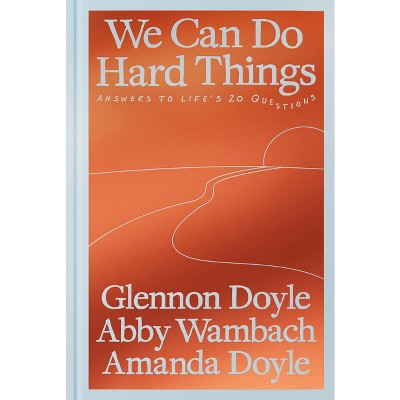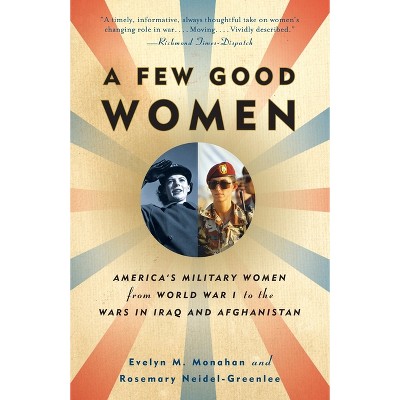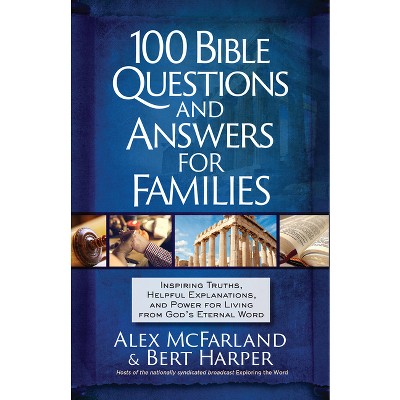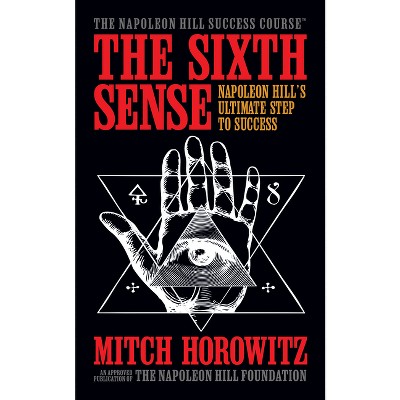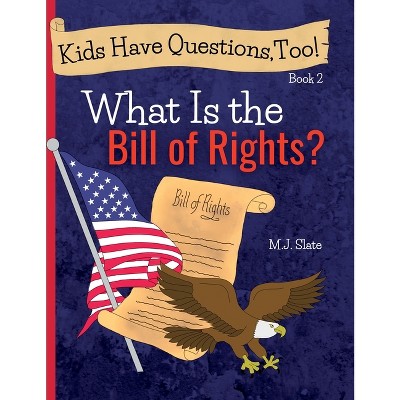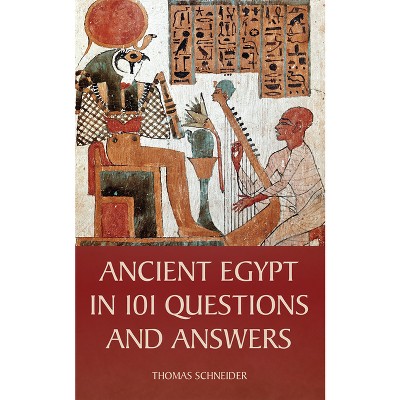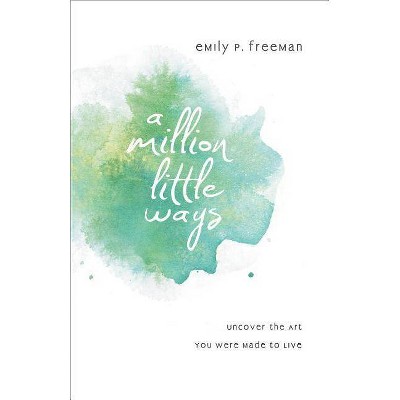Enduring Questions - by David Bloome & Evelyn B Freeman & Rosemary Horowitz (Hardcover)

About this item
Highlights
- This book introduces preschool and elementary teachers to a broad range of high-quality children's literature books and stories and provides them with background information so that they can use Jewish children's literature thoughtfully with their students.
- About the Author: David Bloome is emeritus professor in the Department of Teaching and Learning of The Ohio State University College of Education and Human Ecology.
- 220 Pages
- Education, Elementary
Description
About the Book
This book introduces preschool and elementary teachers to a broad range of high-quality children's literature books and stories and provides them with background information so that they can use Jewish children's literature thoughtfully with their students.Book Synopsis
This book introduces preschool and elementary teachers to a broad range of high-quality children's literature books and stories and provides them with background information so that they can use Jewish children's literature thoughtfully with their students.
Review Quotes
Because bigotry, antisemitism, and racism continue to find their way into our schools and society, the need for authentic representation and respect for children's identities and communities is greater than ever before. Beautifully written and creatively organized, Enduring Questions includes cultural insights, suggested literature, and curricular resources to enrich the understanding of the Jewish experience for students and teachers of all backgrounds. This book will be cherished by educators and families who work towards a future that is inclusive and multicultural.
Carefully structured and engagingly written, Enduring Questions helps to make the particulars of Jewish difference legible on the American cultural landscape. This is a practical manual for incorporating Jewish literature at all stages of the curriculum from preschool through elementary school, regardless of the level of teachers' and students' familiarity with Jewish history and practice. Deftly harnessing the energy of the stories themselves, the authors lead readers on a journey far beyond the Holocaust narratives that dominate the limited Jewish content in most mainstream educational settings. Of particular value are the sidebars in teachers' own words describing how they deployed a given text in the classroom and how students in a variety of settings received and spoke back to the stories.
During a time when incidents of anti-Semitism are on the rise, a guide to Jewish children's literature is to be celebrated. Enduring Questions is an excellent place to start. The authors chose their title to indicate the structure and themes of the text. The enduring questions they address include what makes Jewish children's literature Jewish? What is Jewish history? What are love, wisdom, humor, ritual, evil, and justice? For each chapter, authors provide summaries of suggested texts, sidebars with pedagogical suggestions from American teachers, and thoughtful responses to these enduring questions. Focused on providing classroom teachers from preschool to grade 6, librarians, and parents with books and stories they might choose, the text also includes extensive bibliographies of Jewish children's literature, digital resources for teachers, and scholarly books and articles on Jewish children's literature. The authors state their aim is to "provide a framework about the use of Jewish children's literature as an opportunity for all children, both Jewish and non-Jewish, to be philosophers and engage in dialog and debate." The book is written in a very readable, accessible manner and successfully achieves this goal. Essential. Undergraduates through faculty; professionals; general readers.
Enduring Questions expands awareness of Jewish books for children beyond the typical focus on the Holocaust or Hanukah. The authors provide cogent reasons for using Jewish books as an integral part of multicultural literature with children. The authors weave in Jewish learning that will support teachers with choosing and using Jewish books with their students. In each chapter, the authors provide teacher testimonies of using specific titles with their students. In addition, the authors provide excellent examples of enduring questions for each book they present. Finally, the appendices are valuable resources for all educators.
These distinguished authors have provided an excellent guide for any teacher (Jewish or non-Jewish) to encourage student engagement with the immense variety of engaging Jewish literature. Thanks to this important work, Jewish children's books will finally be discovered by a non-Jewish audience who will be delighted to have these top educators help open up a new literary world for their students.
This compelling and thorough book shares the range of Jewish children's literature: stories of love, stories of memory, stories that evoke laughter and tears. But what remains with readers most is that which sets out to reason why Jewish children's literature matters for all children, how the identities of Jewish people have been broadened, and what places these books have in the wider context of what we read together. The practical curricular connections are supported with honest insights from teachers who share their experiences. From establishing the current state of the field to offering resources to study further, this book will guide readers who know the topic well as well as those who need introduction. For all, this book affirms and inspires as it establishes the necessary place of Jewish children's literature for all readers.
About the Author
David Bloome is emeritus professor in the Department of Teaching and Learning of The Ohio State University College of Education and Human Ecology.
Evelyn B. Freeman is professor emerita at The Ohio State University where she taught courses in children's literature and language arts, prepared elementary teachers, and worked with graduate students. She retired as dean and director of The Ohio State University at Mansfield. Rosemary Horowitzwas a member of Appalachian State's faculty for more than a quarter century, Dr. Horowitz was highly-committed Holocaust educator and English professor. Laurie Katz is professor in the Department of Teaching and Learning of The Ohio State University College of Education and Human Ecology.Shipping details
Return details
Trending Non-Fiction




